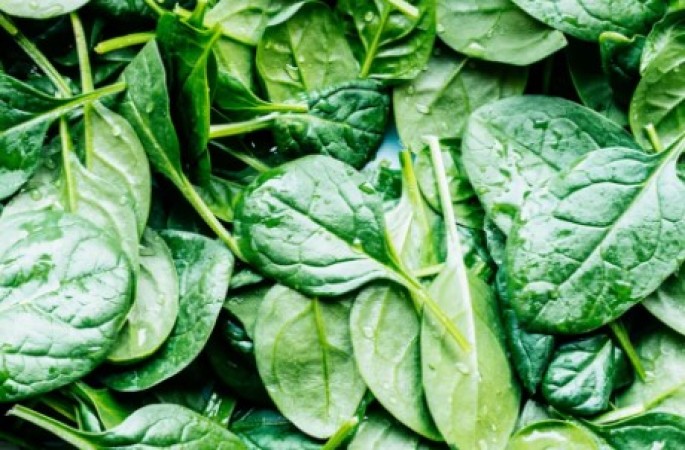
Protein deficiency is a serious health concern affecting millions worldwide. While traditional remedies often involve supplements or expensive diets, nature provides a simpler solution: leaves. Yes, you read that right – leaves! These humble components of plants are often overlooked but pack a powerful punch when it comes to nutrition. In this article, we'll explore how certain leaves can naturally alleviate protein deficiency, providing a wealth of vitamins and nutrients to support overall health.
Proteins are essential macronutrients that play a crucial role in various bodily functions, including building and repairing tissues, producing enzymes and hormones, and supporting immune function. When the body lacks an adequate intake of protein, it can lead to a range of health issues, including muscle weakness, fatigue, impaired immune function, and stunted growth in children.
Leaves are not only essential for the survival of plants but also offer significant nutritional benefits for humans. Packed with vitamins, minerals, antioxidants, and fiber, certain leaves can be a valuable addition to a balanced diet, particularly for those struggling with protein deficiency.
Moringa leaves are often hailed as a superfood due to their exceptional nutritional profile. Rich in protein, vitamins A, C, and E, calcium, potassium, and antioxidants, moringa leaves provide a potent boost to overall health. Incorporating moringa leaves into your diet can help increase protein intake and combat deficiencies effectively.
Spinach is renowned for its high iron content, but it's also a surprisingly good source of protein. Additionally, spinach leaves are rich in vitamins A, C, and K, as well as folate, manganese, and magnesium. Adding spinach leaves to salads, smoothies, or cooked dishes can help enhance protein intake and support overall well-being.
Kale has gained popularity as a nutritional powerhouse, and for good reason. Packed with protein, fiber, vitamins A, C, and K, calcium, and antioxidants, kale leaves offer a myriad of health benefits. Whether consumed raw in salads or cooked in soups and stir-fries, kale leaves are an excellent addition to any diet aiming to combat protein deficiency.
Drumstick leaves, also known as moringa oleifera leaves, are a staple in many cuisines, particularly in South Asia. These nutrient-dense leaves are loaded with protein, vitamins A, C, and E, calcium, iron, and antioxidants. Incorporating drumstick leaves into your diet can provide a significant protein boost and help alleviate deficiencies naturally.
Fenugreek leaves, commonly used in Indian cooking, are another excellent remedy for protein deficiency. These leaves are rich in protein, iron, vitamins A and C, calcium, and antioxidants. Adding fenugreek leaves to curries, stews, or salads can help increase protein intake and improve overall nutritional status.
Now that you know the benefits of these protein-rich leaves, it's time to incorporate them into your daily meals. Whether you prefer them raw in salads, blended into smoothies, or cooked in various dishes, there are numerous ways to enjoy the nutritional benefits of leaves. Experiment with different recipes and combinations to find what works best for you and your taste preferences. Protein deficiency is a widespread health issue that can have serious consequences if left unaddressed. Fortunately, nature offers a solution in the form of protein-rich leaves. By incorporating moringa, spinach, kale, drumstick, and fenugreek leaves into your diet, you can naturally boost your protein intake and improve overall health. So, why wait? Start incorporating these nutrient-packed leaves into your meals today and say goodbye to protein deficiency for good!
If children are having stomach ache then know which diseases they may be at risk of
Know why cholesterol increases in children and what to do to keep it under control?